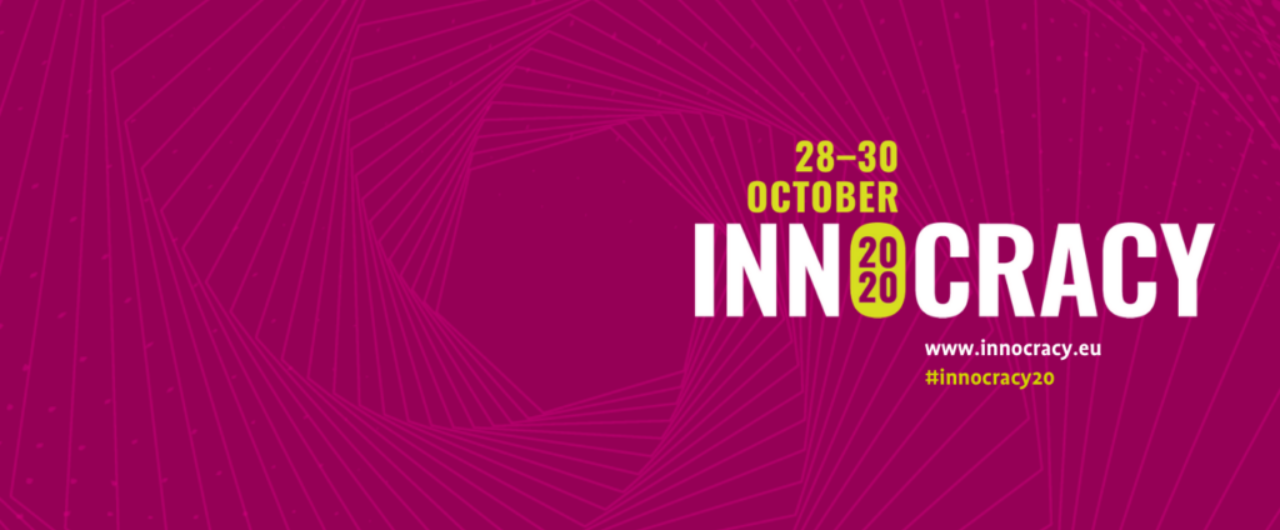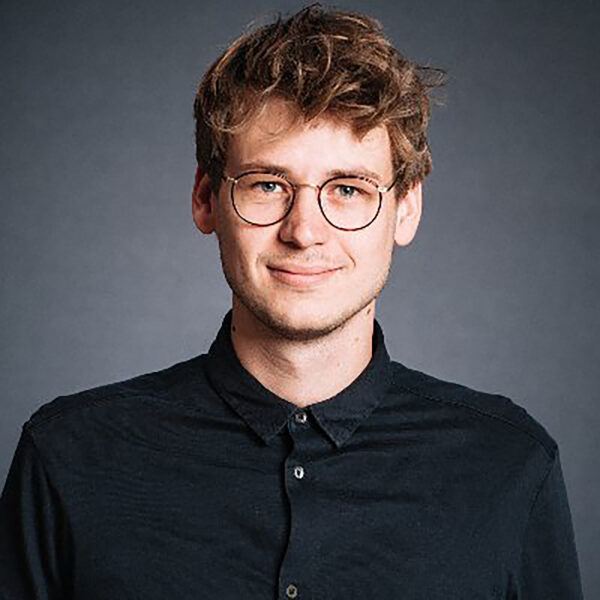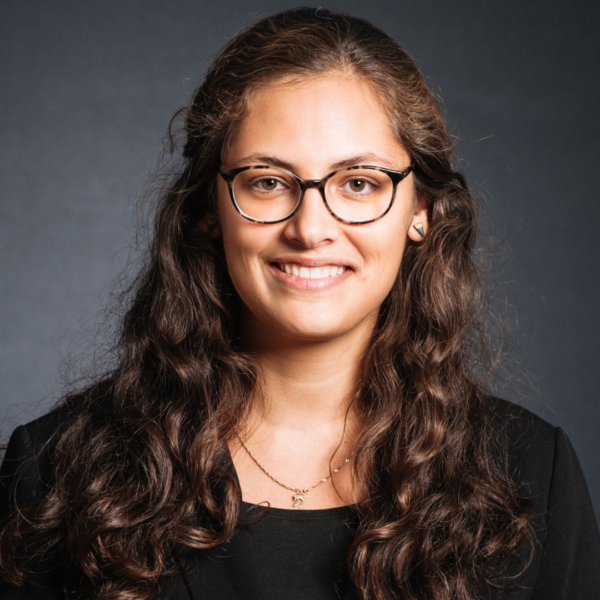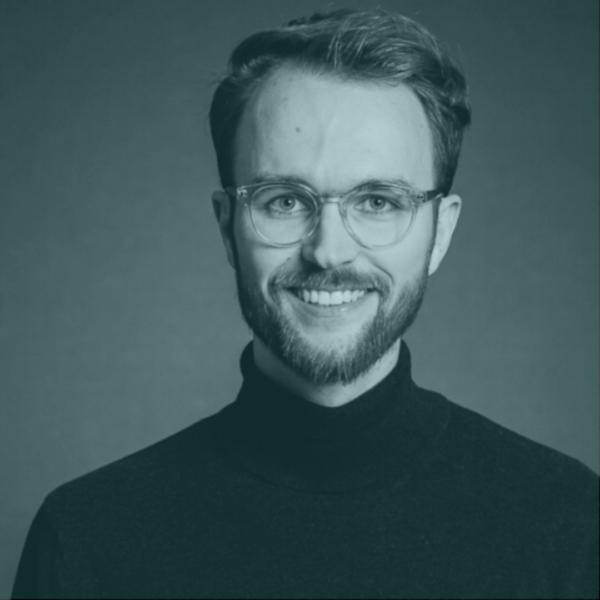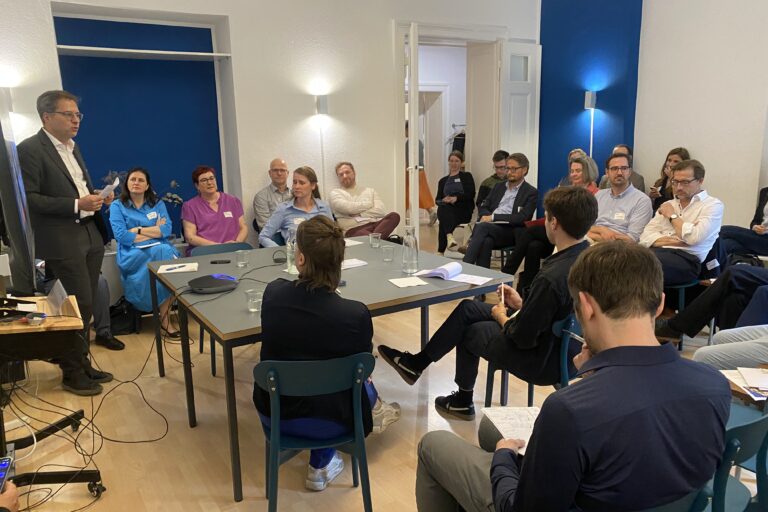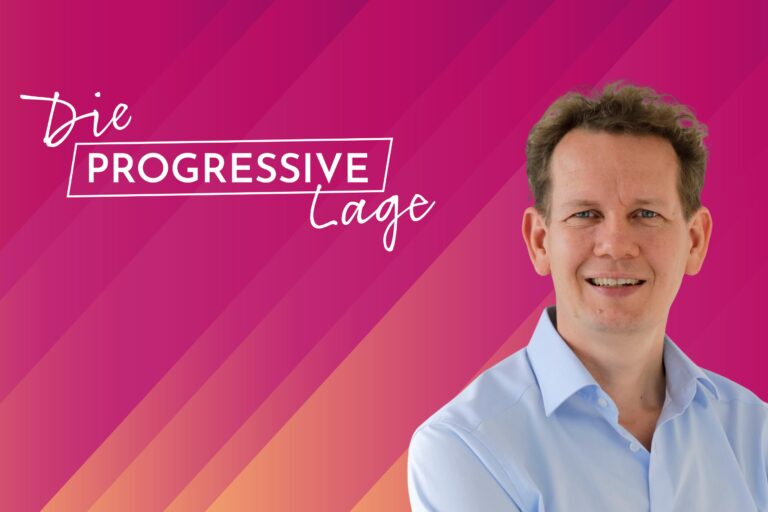Innocracy aimed to bring the future back to the centre of political discourse. Speakers included Deborah Feldman, Amitav Ghosh and many more.
Innocracy 2020 aimed to bring the future back to the centre of political discourse. This year’s edition took place from 28-30 October and was held online. In collaboration with more than 25 partner organisations, Das Progressive Zentrum hosted the conference for the fourth time which serves as a platform for exploring democratic future visions.
In the face of systemic challenges such as the climate crisis, we must transform the way we live, consume and produce as societies. Yet, no transformation can succeed without a clear sense of direction. We need tangible visions of the future that unify and integrate democracies on their way forward.
Candid conversations about our shared future deserve a range of perspectives. At Innocracy you could listen to, engage, and think together with voices stemming from Japan, Georgia, Wales, and dozens of other places around the world. Framed by their work in the arts, technology, civil society, politics, and academia, these thought-leaders discussed their own visions for our future. Speakers included:
- Deborah Feldman, Author of “Unorthodox”
- Amitav Ghosh, Author of “The Great Derangement”
- Sophie Howe, Future Generations Commissioner for Wales
- Gerald Knaus, Chairman of the European Stability Initiative
- Roman Krznaric, Public Philosopher
- Helena Marshall, Climate Activist, Fridays for Future
- Emilia Roig, Founder and Executive Director of the Center for Intersectional Justice
- Adam Tooze, Professor at Columbia University and Director of the European Institute
Innocracy 2020 offered a mix of formats that helped us feel, think about and create the future: vision sprints, keynotes, workshops, future studies toolbox classes and more!
- Keynotes: The keynote speakers will frame each conference day with concise inputs on future visions and how they impact our societies.
- Vision Sprint: Imagine: what will a normal day in your life look like in 2035? In a ten-minute story, visionaries will share an inspiring image of their future lifeworld with you that will be illustrated with sketches.
- Conversation: Two to three experts will engage in a moderated dialogue on how our future systems, institutions and everyday lives could and should look like.
- Reflection: Throughout the day, speakers will come together to reflect on the keynotes, conversations and vision sprints, inviting you to spring into the debate. The session begins with participants reflecting in small breakout groups.
- Workshop: The workshops are centered around present projects, where the future can already be experienced today. These interactive sessions are hosted by our content partners from all across Europe.
- Future Studies Toolbox: Experts in Future Studies offer in-depth interactive classes on state of the art methods and tools to a limited number of participants.

